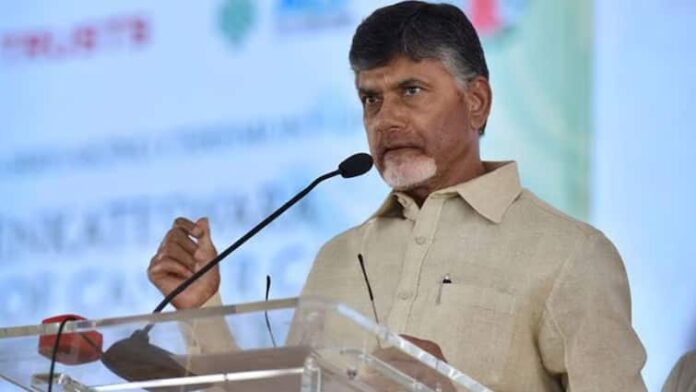CM Chandrababu Naidu on aging population: Andhra Pradesh Chief Minister Chandrababu Naidu on Saturday (20 October 2024) appealed to the people of the southern states to increase the number of children, so that the problem of old age can be dealt with. He said the state government was working on “population management”, including considering the possibility of new legislation to encourage families to have more children.
Chandrababu Naidu said, “The state government is considering bringing a law in which it is being proposed that only those who have more than two children will be eligible to become candidates in the local body elections.” The Chief Minister also mentioned that the state had earlier passed a law under which people with more than two children could not stand in local elections. “We have repealed that law, and are now considering reintroducing it. The government is planning to give more benefits to families with more children,” he said.
Signs of increasing problem of old age in South India
CM Naidu said, “Signs of the problem of old age have started appearing in South India, especially Andhra Pradesh. Many countries, like Japan, China and some European countries are facing this problem, where the number of elderly people is high. This problem is becoming more serious in South India as young people move to other parts or abroad.”
Falling fertility rates in southern states
The Andhra CM also said that the fertility rate in the southern states has already fallen to 1.6, which is much lower than the national average of 2.1. He said, “If it decreases further, the number of elderly people will be high by 2047, which is not desirable. In many villages of Andhra Pradesh and the country, now only elderly people are left, because young people have gone to cities. .”
Chandrababu Naidu accepted his earlier stand on population control. He said, “At that time the thinking was that limited natural resources should be protected and increasing population could hinder development. We achieved success in reducing population growth, but now new challenges have emerged from it.”

